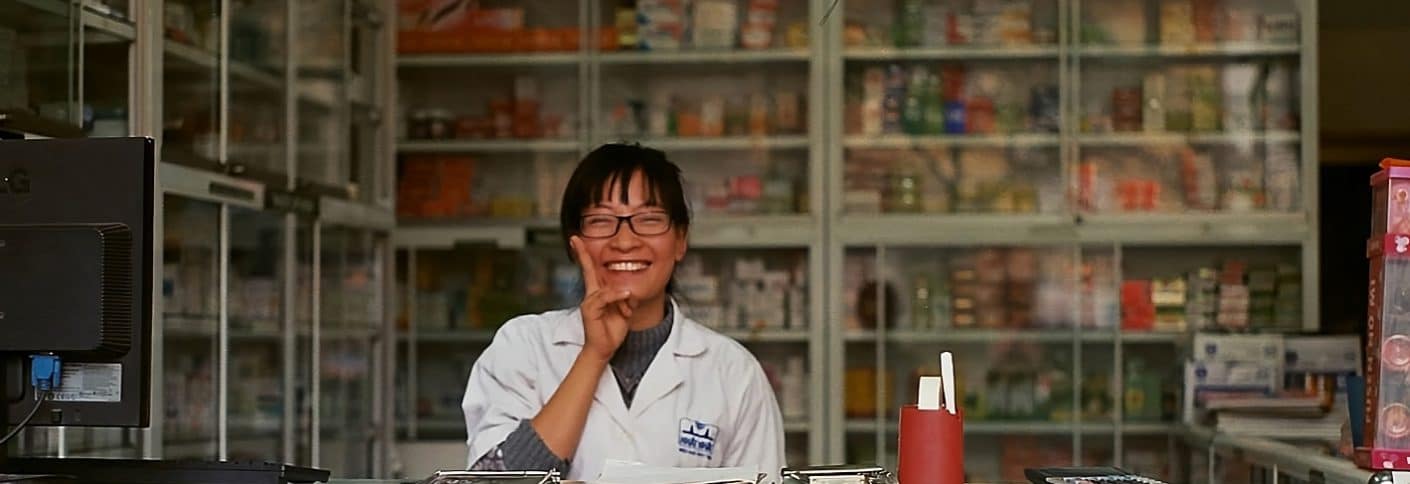A fair system for medicine development
This visual illustrates the phases of medical product development and what they should look like to ensure fair access.

Photo:
Martin LopatkaWe all want to be as healthy as possible. Essential medicines and other medical products should be available and affordable. Pharmaceutical companies get a monopoly for new treatments, which gives them the ability to ask any price they want. The net prices negotiated for these products are rarely made public. The Covid-19 pandemic has painfully shown the disproportionate power of these companies. This leads to limited and unequal access to life-saving medicines, even if these were partly developed with taxpayers’ money.
Wemos analyses the way the system of medicines development works, identifies flaws in the system, and proposes necessary changes to Dutch, European and international policymakers. Our aim is to ensure that everyone, everywhere, has access to high-quality, affordable medicines that meet their medical needs.
Flaws in the system of medicines development enable pharmaceutical companies to charge extremely high prices for their products, thanks to the sometimes disproportionately long monopoly on their products. At the same time, they are not transparent about how they determine their prices and are not bound by rules that guarantee the accessibility and affordability of medicines. This is even more unjust given the fact that the development of these products is partly financed with tax money. In this system, commercial interests outweigh the interest of and the right to (public) health.
We want to fix the unfair, avoidable and remediable system faults in all stages of pharmaceutical product development and access. To achieve this, governments need to act. We aim to constructively challenge and inspire Dutch leadership to return to their progressive positions of the recent past and be a global leader in advancing innovations and initiatives that are need-driven and designed for access for all.
During the Covid-19 pandemic, we witnessed a very uneven distribution of vaccines. Production was insufficient and high-income countries bought up most of the doses. This hit Africa more than any other continent. The countries that were last in the Covid-19 vaccine queue rightfully said they need structural solutions instead of charity responses.
The African Union aims to increase production in Africa by 2040, developing five vaccines for neglected diseases, building and streamlining regulatory capacity and completing 23 technology transfers. Various global initiatives – such as the World Bank Group and the EU and high-income governments – intend to mobilize billions of dollars in public funds for this goal. And some manufacturers, like BioNTech and Afrigen, have agreed to partner with development institutions in these initiatives.
Since vaccine production on the African continent relies on international financing and policies, we want global actors to help create an enabling environment. They must support and finance functional technology-sharing mechanisms and take policy measures that contribute to sustainable manufacturing capacity in Africa.
The Covid-19 pandemic has shown that prevention, preparedness, response and recovery from the impact of infectious disease require unified pro-public action. After all, ‘no one is safe until everyone is safe’. Health systems – underfunded in many countries – were ill-prepared to cope with a pandemic, and are still suffering from the impact of Covid-19. The global funding challenge is vast, and responses so far grossly insufficient.
In line with our vision on equitable finance for health, Wemos advocates for this funding to be mobilised progressively (according to the ability to pay), allocated according to needs, and governed democratically. Considering the already large funding gaps for health, funding for pandemic PPR should not go to the detriment of existing funding flows for global health. In addition. pandemic PPR is a global responsibility that benefits all countries, and hence should not be funded from Official Development Assistance. On the basis of these principles, we analyse the different proposals and advocate for solutions that are equitable, inclusive and sustainable.
Receive our newsletter